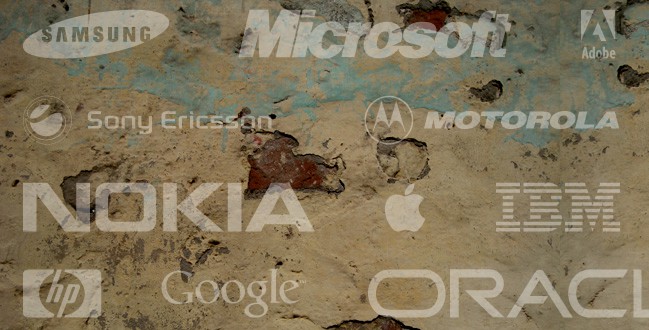One of the most important considerations for a developer – when writing code for an application or website – is to ensure a good level of usability, a task quite difficult as more often than not users have their… own way of classifying usability in applications and consequently turning them into favorites or not.
UX has become a complex task, almost a science in the tech world and software companies need to embrace this. Many do not pay as much attention as they should and do not offer assistance or tools to their developers, the driving force for their applications. Nonetheless, many are starting to realize that paying attention to UX is the way forward if they want to be successful in today’s tech markets.

Most current OSs, devices and application frameworks impose certain usability standards to developers, in a sense assisting the latter to maintain a good level of user friendliness but at the same time ensuring uniformity which it self, provides a sense of cohesion, compliance and… well, usability! If the environment itself does not provide an adequate level of usability, the user is going to turn down applications within, no matter how well designed they are.
It is quite promising that manufacturers are starting to embrace UX as an important factor to the success of their products – what the authors consider to be the most important contribution of Steve Jobs, as we will argue in a future post – by starting to provide guidelines for GUI and functionality development. This has direct consequences to both users and developers. Developers can do their job faster and less costly when guided, while the benefits from the attention given to the aesthetics, user friendliness and better performance.
An article on usabilitygeek.com is trying to gather most usability guidelines from major vendors and manufacturers. It is not a complete guide, but it is a very good start. You can read the article here.


Follow Us!